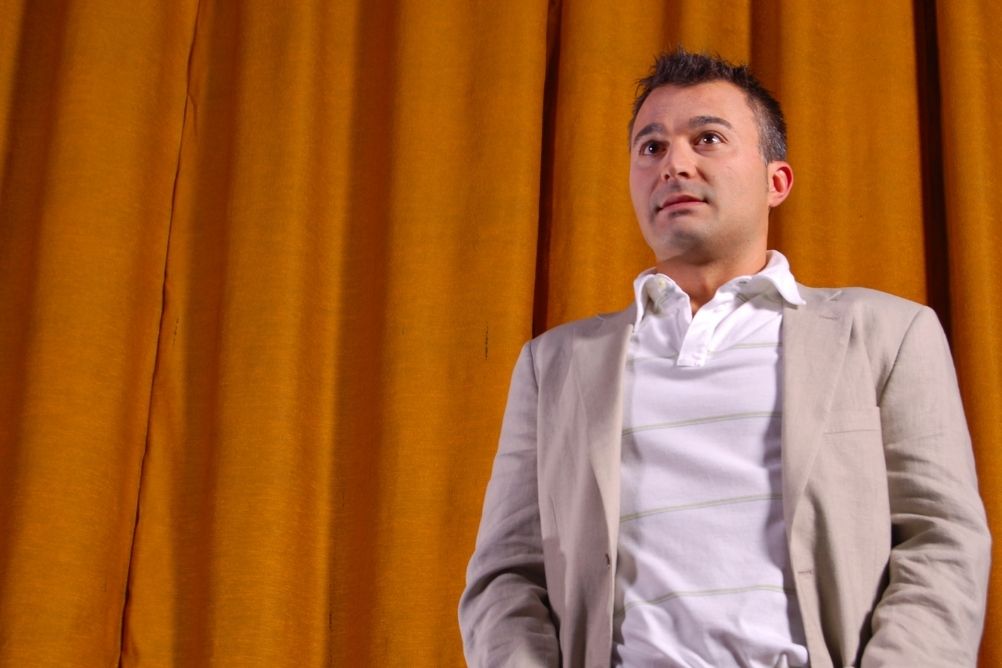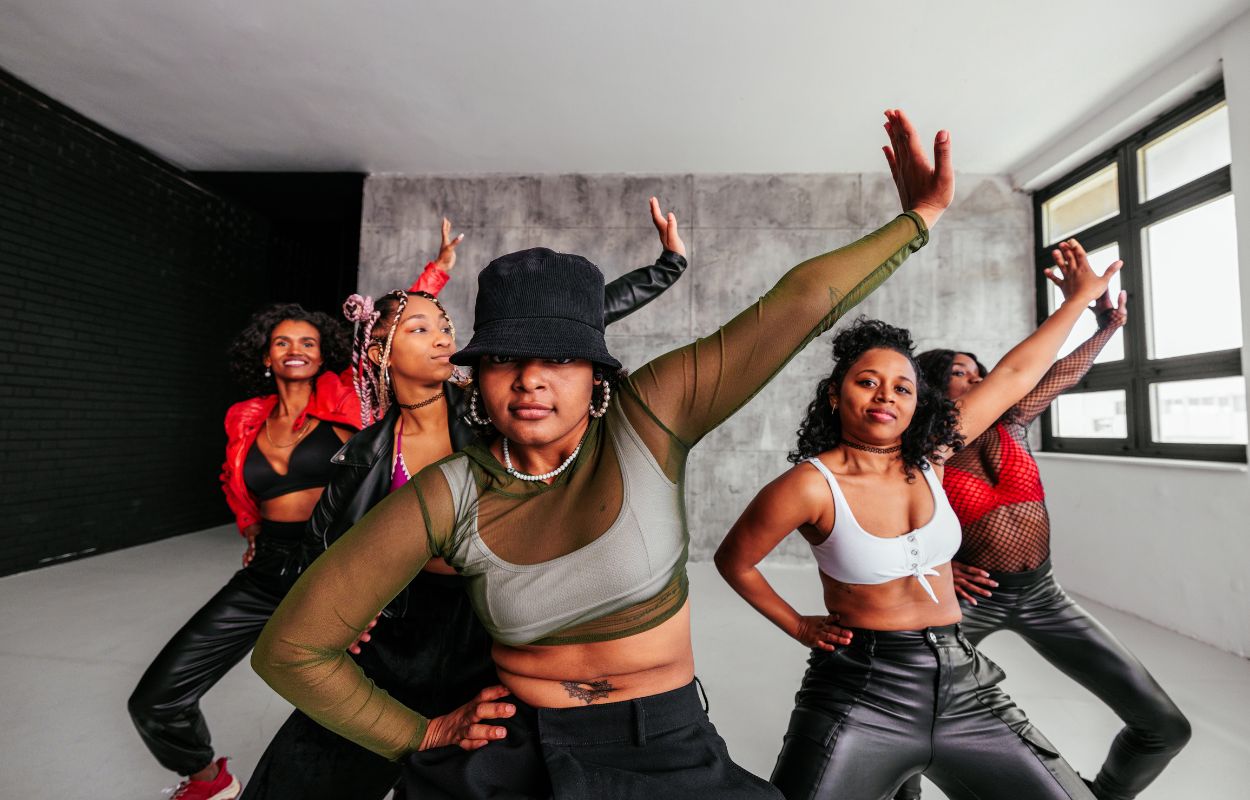Stage fright, also known as performance anxiety, is a common and often paralyzing fear that many actors face. It can strike even the most seasoned performers, causing sweaty palms, a racing heart, and a mind gone blank. Overcoming stage fright is crucial for actors to deliver their best performances. In this blog post, we will delve into everything you need to know about stage fright, from its causes and symptoms to practical strategies to conquer it and shine on stage.
UNDERSTANDING STAGE FRIGHT
Stage fright is the overwhelming fear of performing in front of an audience. It can affect actors of all levels, from beginners to Broadway stars. This anxiety often stems from a fear of judgment, making mistakes, or forgetting lines. Recognizing that stage fright is a natural response to a stressful situation is the first step in overcoming it.
THE CAUSES OF STAGE FRIGHT
Fear of Judgment: One of the primary causes of stage fright is the fear of being judged by the audience. Actors worry about making mistakes, stumbling over lines, or not living up to the audience’s expectations.
Insecurity: Many actors suffer from feelings of insecurity or self-doubt, which can intensify stage fright. They may question their talent or their ability to perform well.
Pressure to Perform: The pressure to deliver a flawless performance can be overwhelming. This pressure often comes from both internal expectations and external factors, such as directors, producers, or peers.
RECOGNIZING THE SYMPTOMS
Physical Symptoms: Stage fright can manifest physically with symptoms like trembling hands, a racing heart, sweating, and nausea.
Mental Symptoms: Actors may experience a racing mind, forget lines, or have difficulty concentrating due to stage fright.
Behavioral Symptoms: Avoiding auditions or performances, excessive self-criticism, or even quitting acting altogether are common behavioral responses to stage fright.
EFFECTIVE STRATEGIES FOR OVERCOMING STAGE FRIGHT
Preparation is Key: Adequate preparation is your best defense against stage fright. Know your lines, cues, and blocking inside out. The more confident you are in your performance, the less anxious you’ll feel.
Breathing Exercises: Deep breathing exercises can help calm your nerves. Before taking the stage, take a moment to breathe in slowly through your nose and exhale through your mouth. This simple technique can reduce anxiety significantly.
Visualization: Imagine yourself succeeding on stage. Visualization can boost your confidence and help you conquer stage fright. Picture the audience applauding and you giving a stellar performance.
Positive Self-talk: Replace negative thoughts with positive affirmations. Remind yourself of your talent and the hard work you’ve put into your craft. Confidence in your abilities is a potent antidote to stage fright.
Seek Support: Don’t be afraid to seek support from fellow actors or those you consider mentors. Sharing your fears with others who understand can be incredibly reassuring.
Stage fright is a formidable opponent for actors, but it’s one that can be overcome. By understanding its causes and symptoms and implementing effective strategies like preparation, deep breathing, visualization, positive self-talk, and seeking support, you can conquer your stage fright and give memorable performances. Remember, even the most accomplished actors have faced and conquered stage fright. Embrace it as a part of your journey and use it to fuel your passion for the stage. With determination and practice, you can shine brightly in the spotlight, leaving your fears behind and captivating audiences with your talent. Overcoming stage fright is not only possible; it’s the path to becoming a truly exceptional actor.





